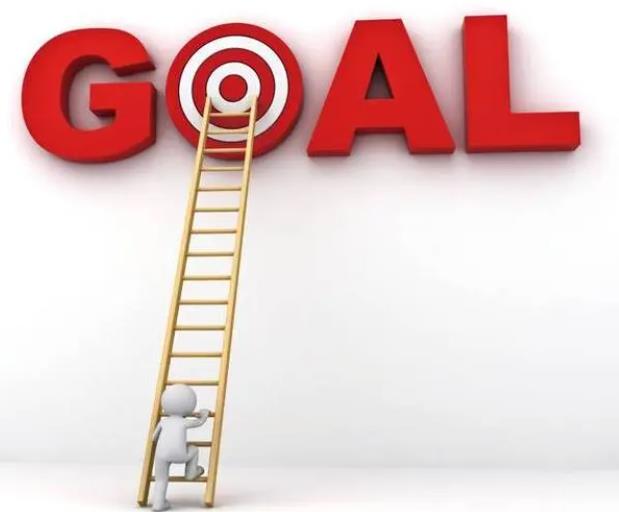Did you keep exercising this past holiday? If you don’t, so how do you get back to exercise after the holidays gradually?
I believe that during the holidays, most of the people, the amount of exercise is much lower than usual, or even basic no exercise. This may result in the following conditions:
1. A slight increase in weight;
2. A decline in athletic ability;
3. And the body’s inability to adapt when it comes back to exercise;
Whether it’s to lose some recent fat gain or to get back into physical activity again.
In the beginning, it may not be easy. The body is more eager to be lazy once it stops exercising, and the mental inertia is even more terrible.
Here are some tips to help you if you want to recover your state before:
- Adjust your life schedule
The holiday schedule can be somewhat chaotic, which can lead to fatigue and a lack of energy. Returning to a routine that you’re used to can help your body get back to its normal state. A good night’s sleep and a regular rhythm will make you more energized, perform better, and your body will recover faster from training.
- Diet
When it comes to staying in shape, the saying “practicing constitutes 30% but eating constitutes 70% ” applies in most cases. If your abs or waistline have left you, it’s a good idea to adjust your diet. Of course, dieting is definite no!
If the goal is to lose weight, you can reduce the intake of staple foods on the basis of a normal diet, and try to avoid eating high-calorie snacks. Pay attention to balanced nutrition, whole grains, high-quality protein, vegetables, fruits, and so on are a good choice.
After running or strength training, a timely protein supplement can improve the recovery speed of muscles and get twice the result with half the effort. Consider a protein powder, which is most effective within 30 minutes of training.
- Take it to step by step
How Long Will it Takes You to Recover After You Stop Running.
When you stop exercising for two weeks, don’t expect your body to keep up. It’s important to listen to your body and find the right intensity and amount of exercise. Give yourself a 2-3 weeks adapt period.
In the adapt period, do low-intensity exercise only and gradually increase training amount, but do not rush to raise intensity, especially the strength of heart and lung should not be exorbitant. For example, when lifting iron, don’t add too much weight.
Running is based on aerobic jogging, please regardless of the speed. At the same time, observe the body’s response. If you still feel tired two days after training, like lack of energy and sleep after training, it means you need to reduce the amount of training.
In addition, it should be noted that the pre-training warm-up and post-training stretching and relaxation should be done adequately because injury prevention and post-training recovery are important.
After the acclimatization period, the body’s condition and performance will gradually return, and it’s time to really return to the training routine
Have a clear goal and work hard to achieve it. With exact goal will let your exercise fall by the wayside. Whether it’s the total amount of training, the number of sessions per week or month, or the expected performance goals, these goal sets are all reasons to keep exercising.
- Set goal
Goal setting should be according to the individual situation, might as well start the goal set low. Because the joy and accomplishment of overachieving are more likely to motivate us to keep going than the frustration of failing to do so.
For example, if you want to run 120 km per month, but you can’t always reach 120 km based on your past mileage, you can set a goal of 80 km per month that is easier to achieve.
Choosing the right sports collocation or choosing sports with interests will not only avoid the burnout caused by a single sport but also be conducive to the overall improvement of physical quality and avoiding injury. Like running twice a week and strength training and swimming.
Well, I hope the suggestions above will help you.




